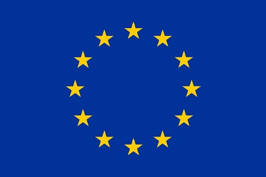The difficulties of undertaking a literature search on ageism were discussed at the meeting in Brussels on October 25th, 2019. At this time, Vania De La Fuente Nunez from the World Health Organisation (WHO) suggested that the search strategy on ageism conducted by WHO could be used as a template for all students and they could add their focus to this expert search. At the time of this deliverable (March 4th, 2019) though, the search strategy had not yet been finalised. It was therefore decided by this working group this deliverable would be kept as close to the ESRs’ projects as possible in order they could use their expertise and gain experience in focusing on ageism as a barrier in health, social and pharmacological care as related to their particular studies. It also gave them the opportunity to learn from each other. This deliverable, therefore, reports on the literature databases each ESR used and goes on to give a resume of literature/ gaps in the literature salient to their searches. We arranged a series of group Skype meetings to agree on how we would present this work. The group presented their work on an agreed template to give a uniformity to the deliverable, which we hope will prove useful to all ESRs. At the final group Skype meeting of March 4th, 2019, we discussed the learning that had taken place in the production of this deliverable and this is addressed in Section 3.
Section 2 shows the template used and presents the work of ESRs 6,8,9,10 (sections 2.1-2.4) to address existing literature related to ageism as a barrier to provision of relevant support and services with a particular focus on social capital, health and social care services. ESR 7 then reports on existing literature related to ageism a barrier to appropriate and safe medication use (see section 2.5).







